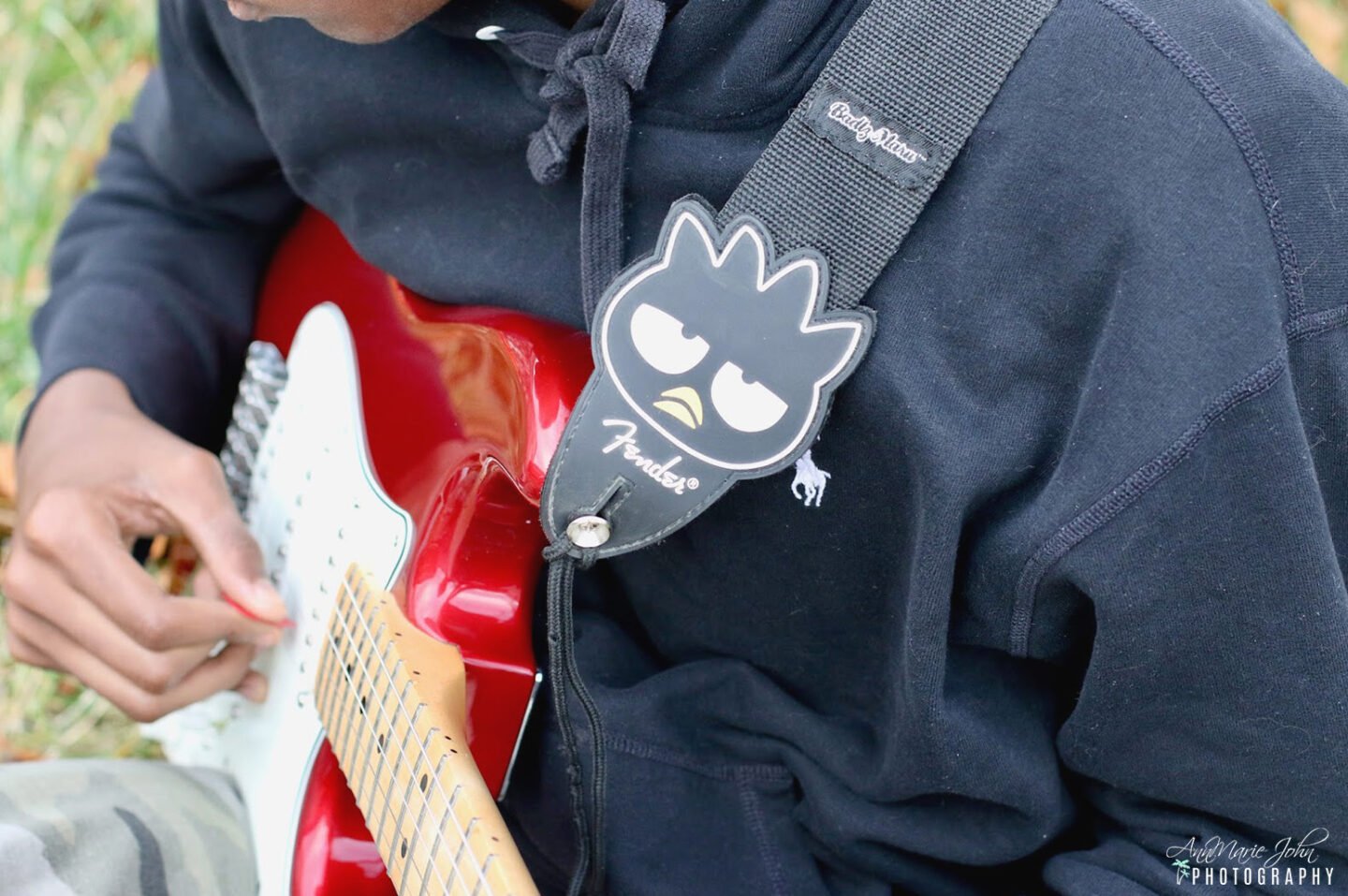Playing an instrument can be a great way to improve your mood, relieve stress, and make new friends. But for some people, the challenge of learning to play can be daunting. Here are some tips to help you get started on the right foot and become a better musician.

Online Lessons
Thanks to the internet, getting an introduction to playing a musical instrument is easier than ever. Sites like YouTube and Skillshare offer free tutorials and instruction on everything from basic piano chords to more advanced techniques. Many online instructors also offer private lessons for more tailored guidance. You can find a good piano teacher online if that’s your instrument of choice. Or, if you prefer a more general approach, there are online resources for learning multiple instruments.
Find an Instrument to Suit You
The first step in becoming a better musician is finding the right instrument for you. Different instruments have different characteristics, so it’s important to find one that fits your playing style and personality. For example, if you’re naturally more aggressive, an instrument like the drums might be a better fit for you. On the other hand, if you’re more laid back and patient, an instrument like a piano or guitar could be a better fit.
Decide on Your Goals
Once you’ve chosen your instrument, figure out what kind of goals you want to achieve by playing it. Do you want to learn music theory? Perform in a band? Store up a repertoire of songs? All of these goals will require different approaches and levels of commitment—so it’s important to set your expectations accordingly. When you know what you’re working towards, it’s easier to create a plan and formulate progress. In addition, if you have an end goal in mind, it’s easier to stay motivated when practicing.
Start with the Basics
If you’re new to learning music, start by getting to know your instrument and how it works. Familiarize yourself with the parts of your instrument and practice basic techniques like strumming chords or picking individual notes. If you’re more experienced, use this time to polish your technique and perfect the basics. It’s important to have a solid foundation before moving on to more complex techniques.
Practice Regularly
It’s important to practice regularly in order to make progress. Having a consistent practice routine will help you develop muscle memory for techniques and build confidence in your playing. It’s also essential for developing an accurate sense of timing, which is the foundation of good music. Aim to practice at least twice a week, and strive for more if possible. When practicing, focus on specific techniques or songs that you want to develop. This will help you stay focused and make the most of your practice time. You should also strive to challenge yourself with new techniques and songs so that you can keep growing as a musician.
Take Notes
Keeping track of your progress with notes can be invaluable when it comes to becoming better at playing music. Writing down what you have learned, any questions you may have, and your practice goals can be a great way to stay organized and focused. As an added bonus, it is much easier to look back and review material when it has been written down rather than trying to remember details from memory. It is important to use a format that works for you, such as an online document or a physical notebook.
Break Down Music into Small Pieces
It can be overwhelming when trying to learn a new piece of music, so it is best to break it down into smaller sections. Working on one section at a time will help make the task more manageable. It is also important to practice each section until it has been perfected before moving on to the next one. This will help ensure that you are playing your music accurately and with confidence.
Listen to Music
Listening to music is an essential part of becoming a better musician. Listening to recordings or live performances can be highly inspiring as well as educational. Paying close attention to the structure and arrangement of songs can help you learn new techniques, chord progressions, melodies, and more! Listening to different genres and styles can also expand your musical horizons and give you ideas for your own compositions.
In Conclusion
Becoming better at playing an instrument takes time and dedication. Start by choosing the right instrument for you, setting realistic goals, practicing regularly, taking notes on your progress, breaking down songs into manageable sections, and listening to music to stay inspired. With the right attitude and habits in place, you can become a talented musician!